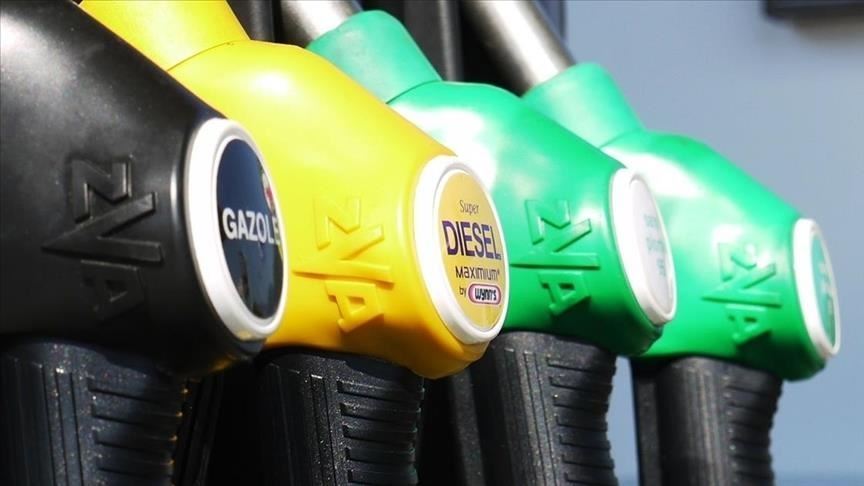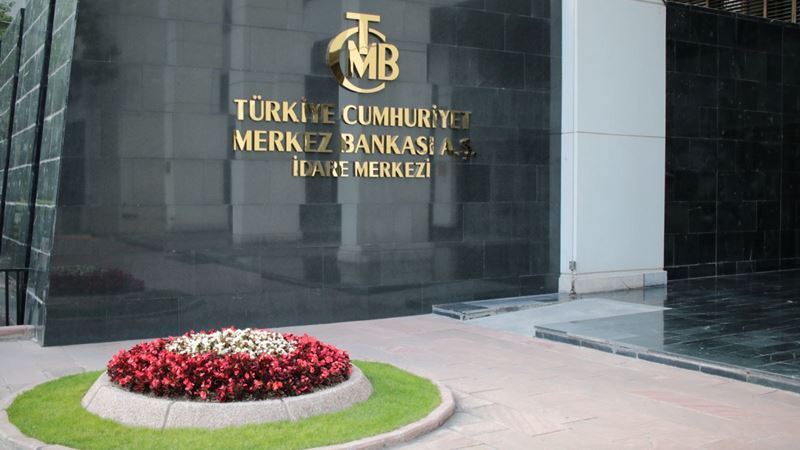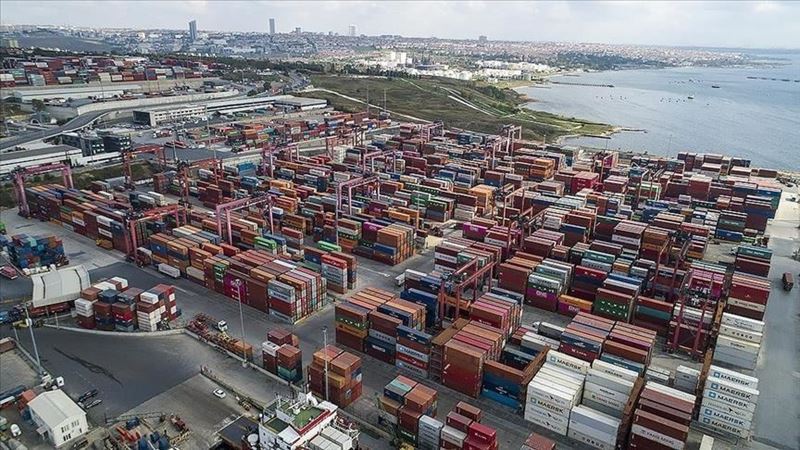Russia, which is the world's largest oil exporter, ranks third in the production of oil and petroleum products.
Russia exports about 5 million barrels of crude oil and 3 million barrels of petroleum products daily. Diesel constitutes 2 million barrels of the said petroleum products export. The daily diesel demand worldwide can reach approximately 30 million barrels. 2 million barrels of this amount are supplied from Russia.
It is estimated that there will be a decrease of 3 million barrels per day in Russia's oil production due to the post-war sanctions. It is calculated that 1 million barrels of this amount is diesel. Under normal conditions, Russia's total daily oil production is approximately 11 million barrels.
In addition, the insufficient production at the refineries and the rise in oil prices, against the rapidly increasing diesel demand after the epidemic, lead to the increase in diesel prices and supply shortages.
While the barrel price of Brent oil was at the level of 96.84 barrels on February 23, one day before the war, prices approached $140 in March with the escalation of the crisis.
Europe buys 740,000 barrels of diesel per day from Russia
According to data from the US Energy Information Administration, the price of diesel per gallon in the US reached $5.5-6. Diesel prices, which have doubled in the last year, have increased by about 50 percent since the start of the war on February 24.
According to the Europe-based Autotraveler data platform, the average liter price of diesel in Europe reached 1.69 euros as of 9 May. Diesel prices, which have increased by 35 percent in the last year in Europe, have increased by 15 percent since the beginning of the war.
On the other hand, the liter price of diesel in Turkey has increased by 38 percent since the beginning of the war.
According to the data of real-time energy cargo tracking company Vortexa, European countries preparing to impose embargo on Russian oil and petroleum products import an average of 740,000 barrels of diesel per day from Russia. While this amount decreased by approximately 200 thousand barrels in the first week of March, there was an increase of 350 thousand barrels per day in Europe's diesel imports from non-Russian sources.
While Europe's efforts to reduce its diesel imports from Russia and diversify its sources created tightness in Asian and US markets, the price of diesel per barrel in global markets rose above $50.











Comments
No comment yet.